
Ready to Build Your MVP? Here’s Why You Need an Expert Team on Your Side
Learn why having an expert team is crucial when building your MVP. Get insights on avoiding pitfalls, saving time, and ensuring long-term scalability.
As a startup founder, you’ve probably heard the term "MVP" thrown around quite a bit. But what exactly is an MVP, and why does it matter so much to your startup's success? Simply put, an MVP, or Minimum Viable Product, is the simplest version of your product that can still provide value to users. It's the foundation of your future growth and serves as a crucial tool for gathering feedback, validating assumptions, and minimizing risks. However, building an MVP is no small feat. It's not just about getting a prototype out the door; it’s about creating a product that’s scalable, maintainable, and attractive to both users and investors. And that’s why having an expert team on your side is so important.
At Horizon Labs, we know what it takes to build a winning MVP—one that can give your startup the best shot at success. We've helped countless startups launch their first product quickly and cost-effectively while avoiding the common pitfalls that can derail early-stage development. Let's dive into why having a team of seasoned experts matters when you’re ready to build your MVP.
What is an MVP?
A Quick Definition
An MVP, or Minimum Viable Product, is the first version of your product that includes just enough features to solve the core problem your users are facing. It’s not about building a feature-rich product right away. Instead, it's about focusing on the bare essentials that allow you to test your assumptions in the real world. Think of it as the foundation upon which you can build and iterate.
Why Startups Need an MVP
- Validate Your Assumptions: Before investing time and money into a full-scale product, your MVP allows you to validate that people actually want what you're building.
- Gather Feedback Early: An MVP gives you the chance to collect user feedback right from the start, helping you to make data-driven decisions as you iterate.
- Reduce Risk: By building a simpler version of your product, you're minimizing the risk of wasting resources on unnecessary features.
- Attract Investors: An MVP is a great way to demonstrate traction and show potential investors that you have a viable business idea.
Why You Need an Expert Team for Your MVP
Avoiding Common Pitfalls
When founders try to build their MVP in-house or with a small team, they often run into some common pitfalls. These might include over-engineering features that aren’t necessary, underestimating technical complexity, or simply missing key elements that users expect. Building an MVP requires more than just coding; it demands strategic thinking, technical expertise, and an understanding of product-market fit.
This is where an expert team like Horizon Labs comes in. With over 15 years of experience, our engineers and product managers know how to keep things lean without sacrificing quality. We work hand-in-hand with founders to ensure that your MVP is both functional and scalable.
Speed and Cost-Effectiveness
Time is of the essence for startups. The faster you can get your MVP to market, the quicker you can start collecting feedback and iterating. However, speed shouldn't come at the cost of quality. At Horizon Labs, we've developed processes that allow us to deliver high-quality MVPs at a fraction of the time and cost of hiring a full-time engineering team. This gives you more runway to focus on growing your business while we take care of the technical heavy lifting.
Experience Matters
Our team has worked with startups in various industries, from healthtech to AI to e-commerce, and we’ve seen firsthand what works and what doesn’t. Horizon Labs' engineers and product experts have helped multiple startups, including YC alums like Flair Labs, Arketa, and Bloom, to build MVPs that set them up for long-term success. With that kind of experience on your side, you can avoid many of the mistakes that often come with first-time product development.
Key Steps in Building a Successful MVP
Defining the Core Problem
The first step in building an MVP is understanding the core problem you're trying to solve for your users. This is where product discovery and user research come in. At Horizon Labs, we help founders define their MVP's scope by conducting thorough research and identifying the most critical features.
Building the Right Features
Once you have a clear understanding of the problem, the next step is deciding which features should make it into your MVP. It's easy to get carried away and start adding "nice-to-haves," but the key to a successful MVP is staying focused on the essentials. Our team will help you prioritize your features based on user needs, technical feasibility, and long-term scalability.
Iteration and Feedback
One of the biggest advantages of launching an MVP is the ability to gather feedback from real users. After your MVP is live, we'll help you collect and analyze user feedback so you can make data-driven decisions about what to build next. Iteration is a crucial part of the process, and having an expert team like Horizon Labs ensures that your product evolves in the right direction.
Technical Expertise and Strategic Guidance
Tech Agnostic Approach
At Horizon Labs, we pride ourselves on being tech-agnostic. Whether you already have a tech stack in place or need help choosing the right tools, our engineers can work with any platform. From cloud infrastructure to custom APIs and OpenAI integrations, we’ve done it all. This flexibility allows us to build MVPs that are not only reliable but also adaptable to your business's evolving needs.
Scaling for Growth
Building an MVP isn’t the end of the journey—it’s just the beginning. As your user base grows, your product will need to scale. Our team has deep experience with scalable architecture, ensuring that your MVP can grow with your startup without hitting technical roadblocks down the line. We design our products with the future in mind, so you won’t have to rebuild from scratch when it’s time to scale.
The Cost of Building an MVP
Balancing Budget with Quality
One of the most common concerns for founders is the cost of building an MVP. It’s understandable—you want to make sure you’re getting the most value for every dollar spent, especially when you’re working with limited resources. The challenge is finding the right balance between cost and quality. You don’t want to cut corners, but you also don’t want to overspend on features that aren’t essential to your MVP.
At Horizon Labs, we know how to strike that balance. We offer flexible pricing models, including fixed-fee projects, time-and-materials contracts, and staff augmentation options. This means you get the exact level of service you need, without any surprise costs. Our goal is to provide startups with the highest quality engineering at a fraction of the cost of hiring a full-time team.
The Cost of Doing It In-House
Many founders think that the most cost-effective way to build an MVP is to do it in-house or with a small, local team. While this might seem cheaper in the short term, the hidden costs of delays, missteps, and technical debt can quickly add up. Without the right experience, you may end up needing to rebuild large portions of your MVP down the road, which can eat into both your budget and timeline.
This is where the expertise of a team like Horizon Labs becomes invaluable. We’ve seen what works and what doesn’t, and we know how to avoid common mistakes that lead to costly rework. By working with us, you’re investing in a smoother, faster development process that saves money in the long run.
The Importance of a Tech Partner, Not Just a Dev Shop
Strategic Guidance Beyond Development
Many development agencies will simply build what you ask for and deliver the final product. But is that really enough? As a startup founder, you need more than just a dev shop—you need a strategic partner who understands your business and can guide you through the entire product development process. That’s where Horizon Labs comes in.
We see ourselves as an extension of your team, not just a service provider. From defining the product vision to planning your roadmap, we provide strategic advice that goes beyond coding. We’ll help you understand which features will drive the most value for your users, how to structure your product for scalability, and how to ensure your MVP aligns with your long-term goals.
Long-Term Relationships Matter
We’re not interested in one-off projects; we build long-term relationships with our clients. Many of the startups we’ve worked with, such as Flair Labs and Arketa, have continued to partner with us long after their MVPs were built. That’s because they trust us to help them navigate the challenges that come with scaling, fundraising, and iterating on their product.
When you work with Horizon Labs, you’re getting more than just a development team—you’re getting a committed partner that will grow with your business. We’re in it for the long haul, and we’ll be there to support you as your product evolves.
Tailoring the MVP to Your Industry
Healthtech MVPs
If you’re building a healthtech startup, you know that there are unique challenges to consider, from data privacy regulations like HIPAA to integrating with healthcare systems. Building a healthtech MVP requires deep industry knowledge and technical expertise to ensure compliance, security, and reliability.
Horizon Labs has extensive experience working with healthtech startups like Yura Health. We understand the complexities of building software that not only solves real-world health problems but also adheres to strict regulatory requirements. Our team will work with you to build an MVP that meets the specific needs of your users while ensuring compliance with all necessary regulations.
AI and Machine Learning MVPs
Building AI-driven products presents its own set of challenges. Whether you’re working with large language models (LLMs), natural language processing (NLP), or computer vision, creating a successful AI MVP requires specialized knowledge and experience.
At Horizon Labs, we have deep expertise in AI and machine learning. We’ve worked with startups like Flair Labs to build AI-powered applications that are production-ready and scalable. Our team of AI experts can help you design and implement an MVP that leverages cutting-edge technology while staying grounded in real-world use cases.
E-commerce and Marketplace MVPs
For e-commerce and marketplace startups, the focus is often on building a seamless user experience, optimizing conversion rates, and ensuring your platform can handle scale as your customer base grows. An MVP in this space needs to prioritize the essential features that enable users to browse, purchase, and interact with products while leaving room for future enhancements.
We’ve built marketplace MVPs for startups like Kidsy and Rarewaters, helping founders deliver a strong first version of their product that can scale over time. Our team knows what it takes to build user-friendly platforms that drive conversions and keep customers coming back.
Why Horizon Labs is the Right Partner for Your MVP
If you're ready to build your MVP, working with an experienced partner like Horizon Labs can make all the difference. We understand the unique challenges that early-stage startups face and offer a combination of speed, quality, and strategic insight that’s hard to match. Our team of experts, including developers, product managers, and engineers, is here to support you every step of the way—from concept to launch to iteration.
At Horizon Labs, we don’t just build products; we build partnerships. We work closely with you to ensure that your MVP is a success, both technically and strategically. So, whether you're building in healthtech, AI, e-commerce, or beyond, Horizon Labs is here to help you get your product to market faster and more efficiently.
Ready to get started? Contact us at info@horizon-labs.co or schedule a call at https://www.horizon-labs.co/contact to figure out how we can build your tech better, faster, and cheaper than the competition.
Frequently Asked Questions (FAQs) about Building Your MVP
Q: What should I include in the MVP to make it attractive to early users?
A: Your MVP should focus on solving the core problem your target users face, so start by identifying that pain point. Include only the most critical features that address this need directly. Early users don’t expect a fully polished product, but they do expect functionality that makes their experience easier or better than existing solutions. Prioritize usability, quick onboarding, and ease of use to get feedback early. Always remember, an MVP isn't about "more features"—it's about "right features."
Q: How long does it typically take to build an MVP?
A: The timeline for building an MVP depends on the complexity of the product and the scope of the initial features. Typically, with the right team, an MVP can be built in 3 to 6 months. However, startups that are able to clearly define their goals and keep the product scope lean can often get an MVP out in as little as 1 to 3 months. Partnering with a skilled team like Horizon Labs can help streamline the process, ensuring you’re focused on the most important elements without getting sidetracked by unnecessary details.
Q: How do I balance speed and quality when building an MVP?
A: Balancing speed and quality is key. To avoid sacrificing one for the other, start with a well-defined product scope. This means clearly outlining the must-have features while leaving room for iteration after launch. Prioritize building a strong foundation with scalable architecture, even if it means cutting back on secondary features. Working with an experienced team can help you avoid technical debt while still hitting critical deadlines.
Q: What are some mistakes startups make when building their MVP?
A: One of the biggest mistakes is building too many features at once. Many startups overestimate what their MVP should include, leading to delayed launches, feature bloat, and wasted resources. Another common mistake is neglecting user feedback, which is the main reason for launching an MVP in the first place. Lastly, founders often underestimate the importance of scalability and technical debt, focusing only on short-term needs. This can lead to major rework later on. Working with a team that understands these challenges can help you avoid these pitfalls.
Q: When is the right time to transition from MVP to a full product?
A: You should consider transitioning from your MVP to a full product when you have enough user feedback to validate that your core assumptions were correct and that your solution is resonating with your target market. This typically includes strong user engagement, clear patterns in feedback suggesting needed features or improvements, and a defined market demand. At this point, it’s also critical to assess your product’s scalability and reliability before expanding on the initial MVP.
Q: How do I ensure my MVP is scalable for future growth?
A: To ensure your MVP is scalable, you should prioritize building a solid technical foundation from the start. This includes choosing a flexible, scalable architecture that can handle increased traffic and data as your user base grows. Avoid building quick-fix solutions that might create technical debt later. It’s important to also have a roadmap that outlines future growth phases, so you can make informed decisions about when and how to scale. Working with an experienced team that understands scalable architecture is crucial for ensuring long-term success.
Q: How can I determine if my MVP has achieved product-market fit?
A: Product-market fit is achieved when your product satisfies a strong market demand. To determine if your MVP has hit this mark, look for consistent user growth, high retention rates, and positive feedback that suggests users are willing to pay for your solution. Other indicators include word-of-mouth referrals and organic user acquisition. Conducting user interviews and surveys can also give you direct insight into whether your MVP is solving a meaningful problem for your target audience.
Q: How do I decide on the tech stack for my MVP?
A: Choosing the right tech stack depends on several factors, including your product's complexity, future scalability needs, and your team’s expertise. For an MVP, it’s usually best to stick with technology that allows for rapid development and iteration. Frameworks like Ruby on Rails, React, or Django are popular for MVPs because they enable fast prototyping. It’s also important to think ahead—selecting a tech stack that can scale with your business will save you time and resources in the long run. An experienced development team can guide you through selecting the right tools.
Q: Should I launch my MVP even if it's not perfect?
A: Yes, perfection shouldn’t be the goal with your MVP. The purpose of an MVP is to test your product with real users, gather feedback, and learn what works (and what doesn’t). Launching early allows you to iterate quickly based on actual user data, which is far more valuable than assumptions. Waiting too long to perfect your product can lead to missed opportunities, especially in fast-moving markets. As long as the MVP solves your core user problem and provides value, it’s ready to launch.
Q: How do I gather user feedback after launching my MVP?
A: After launching your MVP, it’s critical to have mechanisms in place to collect user feedback. This can be done through in-app surveys, direct emails, feedback forms, or even user interviews. Analytics tools like Google Analytics, Mixpanel, or Amplitude can help track user behavior and engagement patterns, giving you insights into how users are interacting with your product. Actively engaging with early adopters and asking open-ended questions can also help you understand their pain points and needs better. The key is to be proactive and responsive to the feedback you gather.
Q: What role does user testing play in the MVP process?
A: User testing is essential throughout the MVP process because it allows you to validate your product’s core functionality and usability. By testing with real users, you can identify usability issues, discover unmet needs, and refine your product based on real-world interaction. User testing should occur both before and after launch to ensure your product is aligned with user expectations. Even small groups of early adopters can provide valuable insights that help shape your MVP into something users truly want.
Q: Can my MVP attract investors?
A: Yes, a well-executed MVP can be a powerful tool to attract investors. Investors want to see that your startup is solving a real problem, and an MVP shows you’re capable of building a working product that people want to use. A strong MVP, combined with initial user traction, can demonstrate your startup’s potential for growth. It’s important to use your MVP to tell a compelling story about your market opportunity, user demand, and plans for scaling, which can significantly increase investor confidence.
Need Developers?
We help startups build ideas into apps their customers will love (without the engineering headaches).
















For Startups & Founders
We've been founders ourselves and know how valuable the right communities, tools, and network can be, especially when bootstrapped. Here are a few that we recommend.
.png)
9 Best Product Development Agencies in Irvine, California (2025 Edition)
Looking for the best product development agency in Irvine, CA? Check out our 2025 roundup of top product design & software companies to bring your ideas to life
Read more
Best Product Development Agency: San Francisco Bay Area 2025
Looking for the best product development agency in the San Francisco Bay Area? Explore our picks for 2025, featuring product design, software dev, and more.
Read more
Is Sharetribe Right for Your Business? 10 Questions to Ask
Discover if Sharetribe is the best fit for your marketplace. Compare ST vs Cocorico, explore alternatives, and answer 10 crucial questions before you decide.
Read more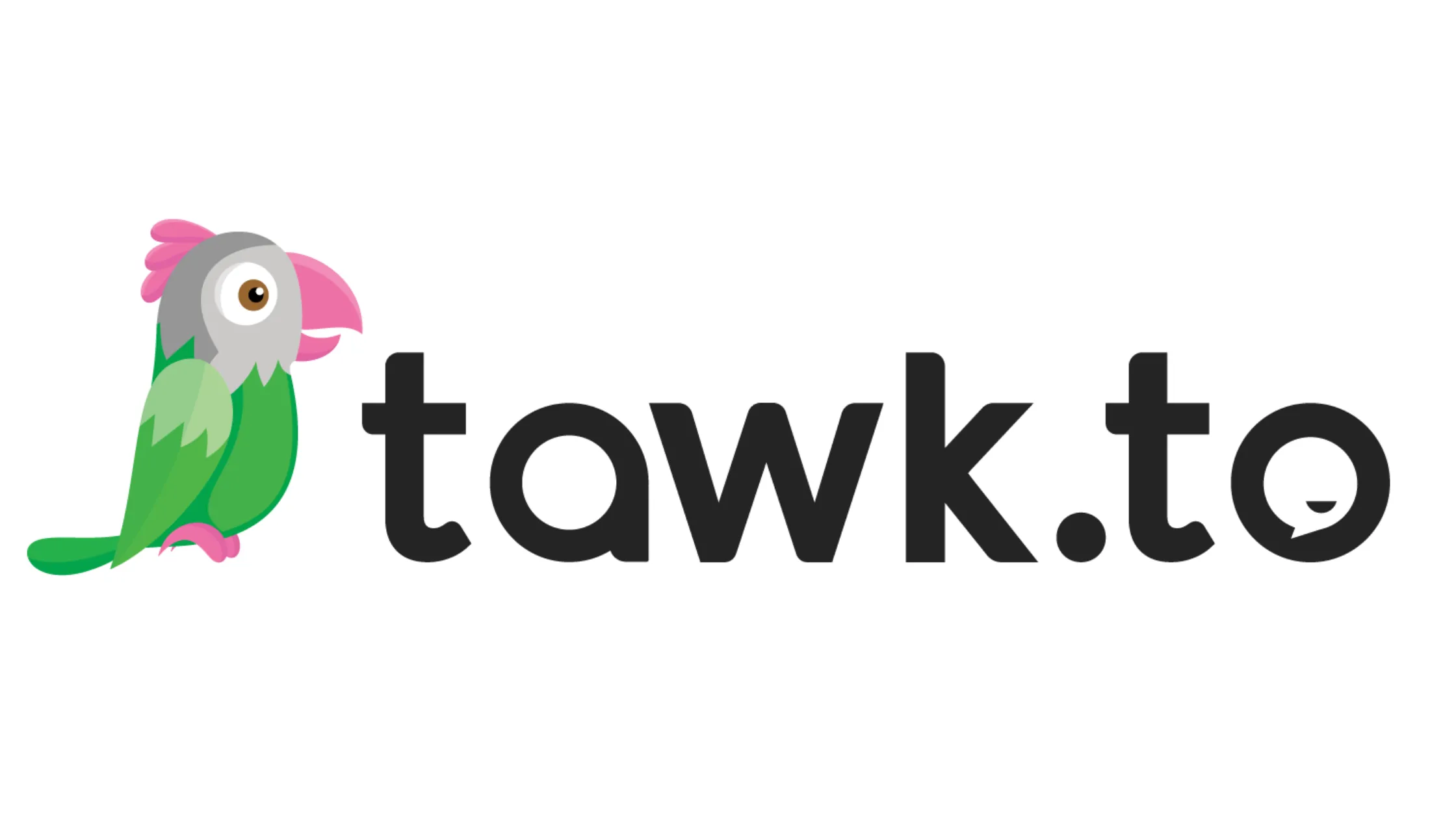
How Tawk.to Can Boost Your Startup’s Customer Support Game
Learn how Tawk.to can benefit startups by enhancing customer support and engagement. Perfect for early-stage founders!
Read more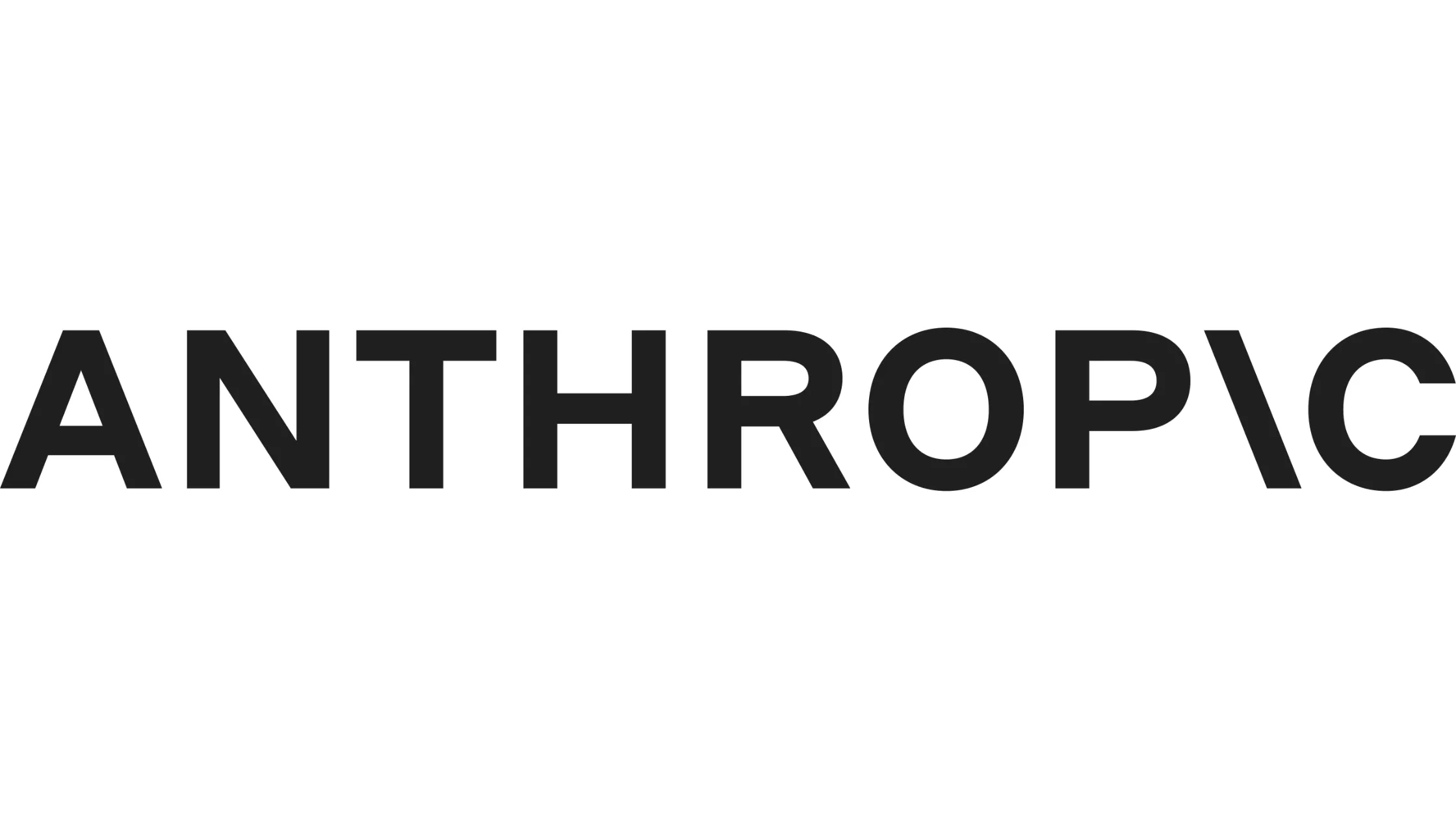
Grow Your Startup With Anthropic's AI-Powered Tools
Discover how Anthropic's cutting-edge AI tools can accelerate your startup's success. Learn about their benefits and see why they can be trusted by startups.
Read more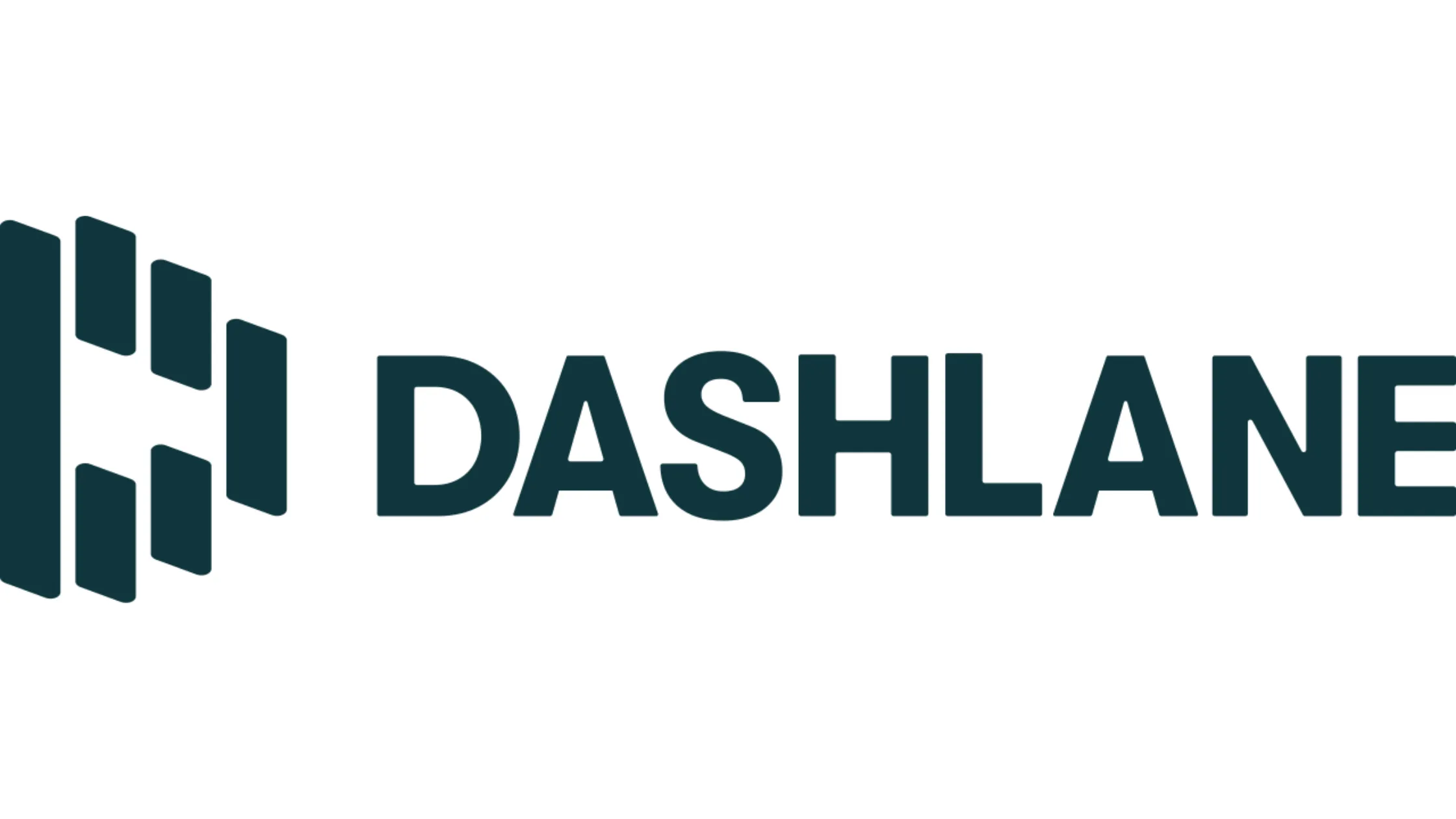
Dashlane
Simplify password management and security for your startup with Dashlane. Discover how it protects your data, scales with your team, and boosts efficiency.
Read more
How Startups Can Leverage OpenAI’s API for Growth
Learn how startups can leverage OpenAI’s API to automate tasks, boost productivity, and build smarter apps without breaking the bank.
Read more
What is Equity for Startup Founders?
Learn what equity is, why it matters for startups, and how to allocate it effectively. A beginner's guide for startup founders.
Read more
What is a Term Sheet?
Learn the essentials of term sheets in this beginner-friendly guide for startup founders, covering key terms, negotiation tips, and common pitfalls to avoid.
Read more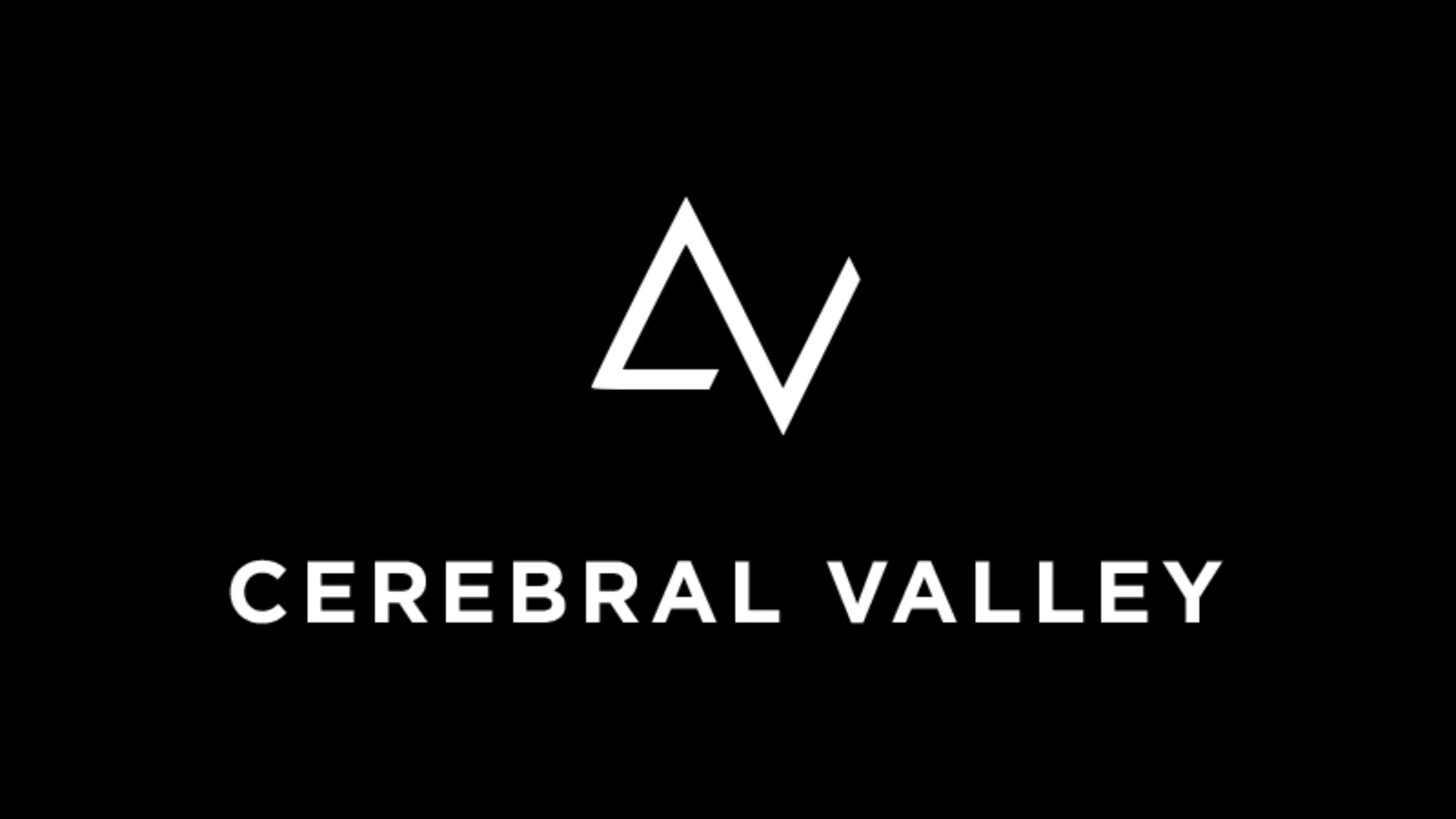
CereberalValley.ai
Explore CerebralValley.ai, the essential community for AI startups. Connect with AI experts, access resources, and network with investors to accelerate growth.
Read more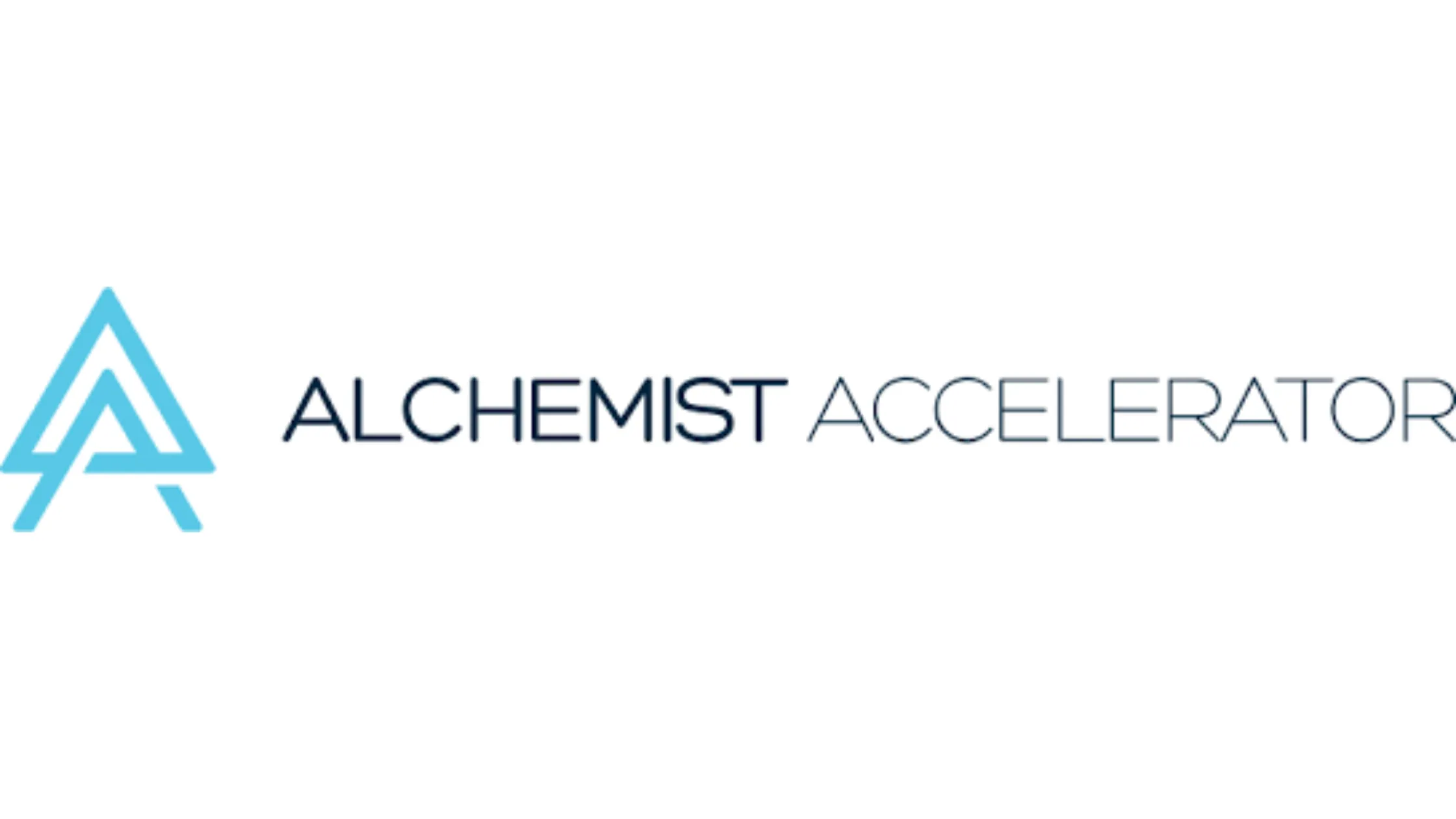
Alchemist Accelerator
If you're a B2B startup, Alchemist is by far one of the greatest communities that can accelerate your startup. Highly recommended!
Read more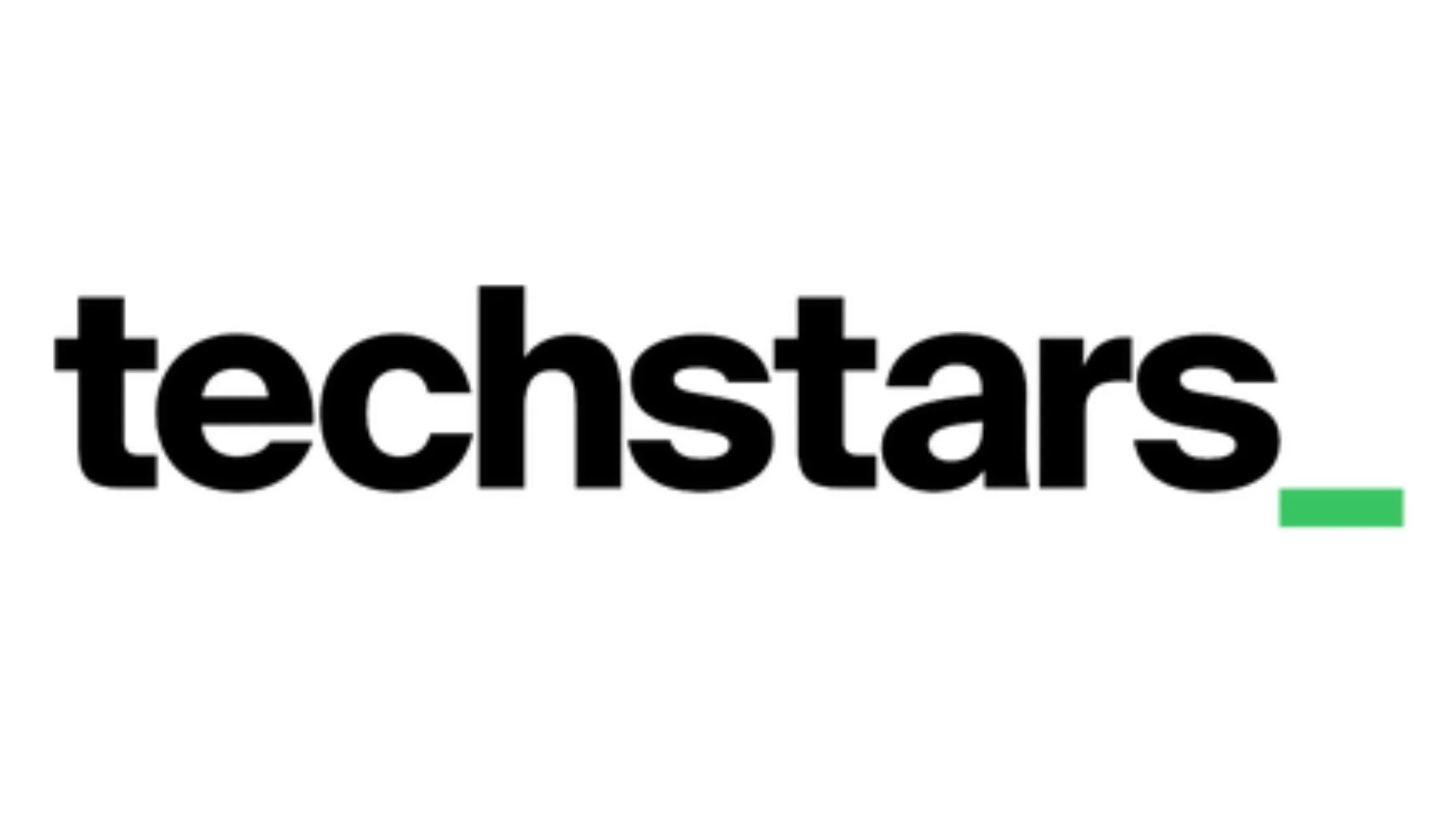
Techstars: Launching Pad for Tech Startups
Discover how Techstars, the premier startup accelerator, can supercharge your venture with mentorship, funding, and a global network of innovators.
Read more